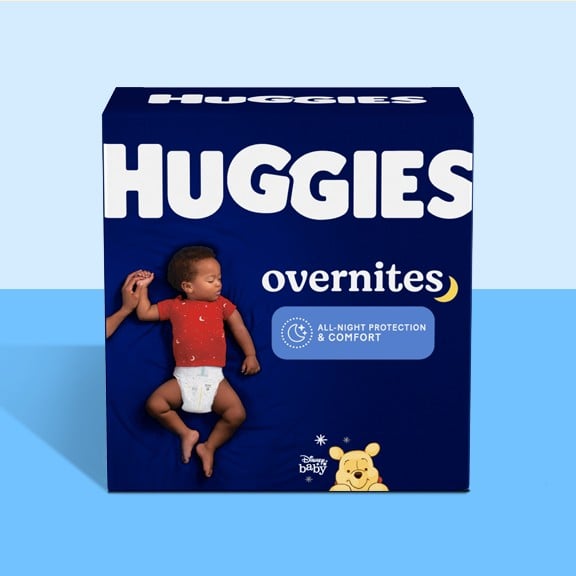What are the benefits of joining a multiple birth association?
- General friendship and shared communication about what it means to be a multiple birth parent.
- Helps to avoid loneliness. Social networking opportunities can be built up and added to over the years.
- Building networks of physical, emotional, and psychological support.
- Friendship and relationship building with children. This helps them to know they are not the only twins, triplets, or quadruplets in their area.
- Tips and suggestions from other multiple birth parents who have gone through the same experiences.
- Education on all aspects of managing multiple births and caring for more than one baby. This can include visits from health professionals, lactation consultants and first aid instructors.
- An opportunity to share what worked for you. There is much to be gained from helping others through challenging times.
- Accessing information on multiple birth and caring for twins, triplets, and HOM.
- Being part of a research group. Universities and hospitals often recruit parents from these associations as part of their sample population for research studies.
- Being part of a group can be very beneficial for men, who may feel a lack of male camaraderie and support. The focus of multiple births is often understandably on the mother and her babies and some men may feel left out.
Resources available
- General baby equipment for rent or loan. Many groups hold garage sales or swap meets where items which are no longer used can be traded for something else.
- Medical equipment which may be specific to premature or special needs babies.
- Breast pump equipment rental. Dual pumps are expensive to buy.
- Books and reference libraries.
- DVDs and videos. These can relate to parenting and raising multiples but can also be relevant for children.
- Children’s books.
- Toys. Toy libraries are very useful as they are a great way to rotate toys and maintain children’s interest when the novelty of playing with the same toys has worn off.
- Blogs and chat forums. With the explosion of digital technology, many parents find their first choice in seeking advice is from peer groups. Parents in focus groups report they value advice offered by other parents who are experiencing the same concerns as they are.
But I want to do it all myself!
But don’t be too dismissive: first impressions can be very wrong. Many close and abiding relationships have been forged from initial wariness and remember, a simple “Hi” is all that’s needed to break the ice.
Some multiple birth groups make up rosters of meal deliveries to new parents. This can make an enormous difference to getting through the early, exhaustive days of parenting. Others make themselves available for school drop-off and pick-ups for older, school-aged children and even homework supervision and play dates.
Living in a metropolitan city rather than a rural or regional area is obviously a bonus when it comes to sourcing a group. Some geographical areas are known for their higher-than-average multiple birth rates, raising suspicion about what’s been put in the water or air to cause such a spike in fertility amongst certain communities. Groups in these areas have robust membership. National Multiple Birth Awareness Month in the United States is April.
The information of this article has been reviewed by nursing experts of the Association of Women’s Health, Obstetric, & Neonatal Nurses (AWHONN). The content should not substitute medical advice from your personal healthcare provider. Please consult your healthcare provider for recommendations/diagnosis or treatment. For more advice from AWHONN nurses, visit Healthy Mom&Baby at health4mom.org.










